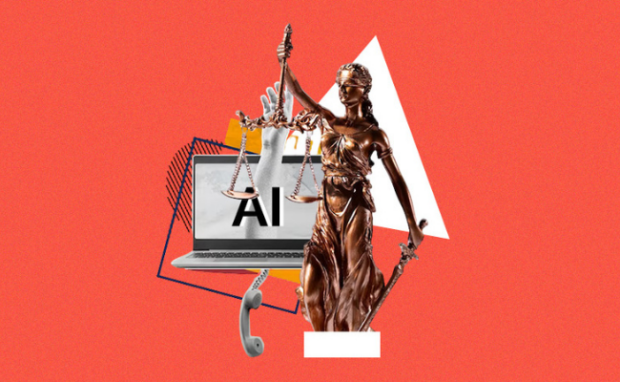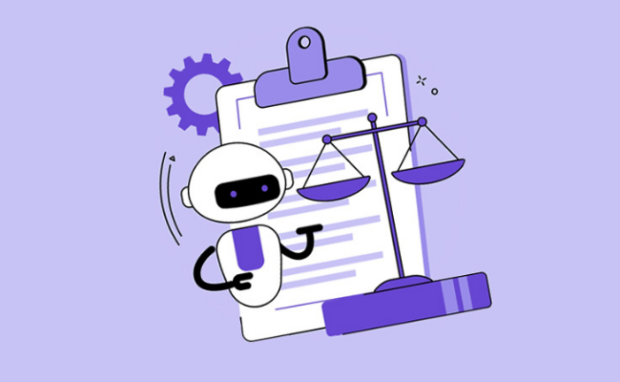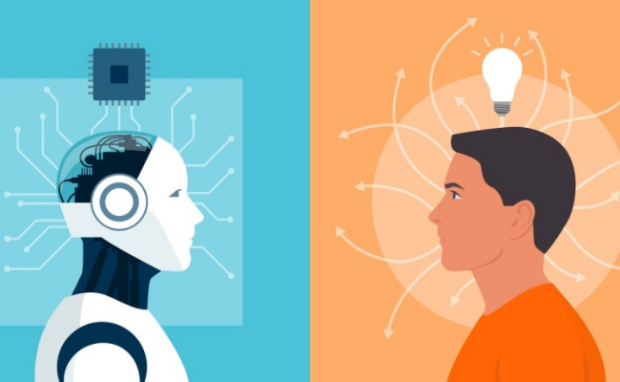AI Regulations Proposed By OpenAI Leaders
Artificial intelligence rapidly changes our daily lives, and AI firms know it. That is why ChatGPT creator OpenAI published a blog proposing international AI regulations, collaborating with countries to form an AI regulatory board. More importantly, they assume AI will become a “superintelligence,” and we must ensure it is safe.
The proposal is interesting because OpenAI announced them a few days after CEO Sam Altman attended an AI Senate hearing. He reiterated his company’s commitment to ensuring “guardrails” for artificial intelligence development. These recommendations are proof that AI will drastically change the world.
This article will discuss what the OpenAI leaders proposed for AI regulations. I will cover the possible ways the world could rein in this technology. Moreover, I will explain the challenges of implementing them in real life. Soon, your country will have similar laws, so this discussion can help you prepare.
What were the suggested AI regulations?

Photo Credit: analyticsinsight.net
OpenAI posted a blog yesterday titled “Governance of superintelligence,” written by CEO Sam Altman, co-founder Ilya Sutskever, and president Greg Brockman. They acknowledged the rapid advancement of AI systems.
They believed it could become more productive than the world’s largest corporations. Soon, it could become a “superintelligence” more powerful than other innovations humanity ever encountered.
You may also like: The Unregulated Crypto Trend Is A Concern
This technology could lead us to a more prosperous future, but we must manage its risks to achieve it. Consequently, the OpenAI leaders suggested the following for AI regulations:
1. AI companies and governments must work together.
The leading AI companies must collaborate with major governments to ensure that super AI becomes safe for humans. Together, they could prevent AI development from becoming dangerous in two ways.
First, governments could launch projects involving multiple AI firms. Both parties agree on rules they will follow to produce new artificial intelligence systems.
Second, the world could agree on an annual limit for AI development. For example, countries could require tech firms to focus only on specific features in a year.
2. The world needs an AI regulatory board.

Photo Credit: telusinternational.com
Countries must have an AI regulatory body subject to an international authority akin to the International Atomic Energy Agency. The IAEA monitors nuclear energy development worldwide. Similarly, the AI regulation group must perform these functions:
- Inspect AI systems
- Require audits
- Verify compliance with safety standards
- Limit AI deployment
- Enforce security levels
You may also like: G7 Leaders Call For AI Regulations
The OpenAI proposal also recommended ways to start the regulatory program. First, companies could voluntarily implement elements it may require. Second, individual nations could implement them.
The global organization must focus on reducing worldwide existential risks. Also, it must leave other issues to individual countries, such as defining what AI may say.
3. AI must be safe for humanity.
We must develop a way to make superintelligence safe. Nowadays, numerous companies have been focusing their efforts on building such safeguards.
For example, OpenAI released a blog detailing how to limit artificial general intelligence on August 24, 2022. An AGI is an advanced artificial intelligence that can learn and think like humans.
Another AI company named Anthropic has been developing a more ethical alternative to ChatGPT called Claude. It follows an AI constitution with three principles: beneficence, nonmaleficence, and autonomy.
What is the biggest challenge for AI regulations?

Photo Credit: elearningindustry.com
The biggest problem with regulating artificial intelligence is that we cannot predict its development. Many believe limiting AI is as simple as targeting a specific company like OpenAI.
However, ChatGPT is not the only AI chatbot nowadays. It sparked the new tech revolution, but more companies are developing this technology across numerous countries.
We cannot confirm how these entities will create AI systems. For example, people focused on text generation due to ChatGPT. Later, everyone felt amazed when AI systems started making videos, photos, and other media.
You may also like: The 10 Ways To Make Money With ChatGPT
Large corporations are not the only ones who can create AI programs. Experts can collaborate to create them, such as what happened with Anthropic.
We also have never dealt with something like AI. You may have seen people dealing with this technology in science fiction, but handling them in real life is more complicated.
More importantly, the changes are too fast to regulate for most governments. These entities usually wait for trends before making laws. However, several new developments may occur as they are writing regulations.
Conclusion
OpenAI leaders proposed ways the world could mitigate the risks of artificial intelligence as it improves. Regulations will ensure humanity fully benefit from this technology.
Implementing these changes will be difficult but necessary. Artificial intelligence will continue to change our lives, and we must adapt accordingly.
You can start by learning more about these technologies. Fortunately, inquirer Tech helps by providing the latest trends in AI, gadgets, apps, and more.